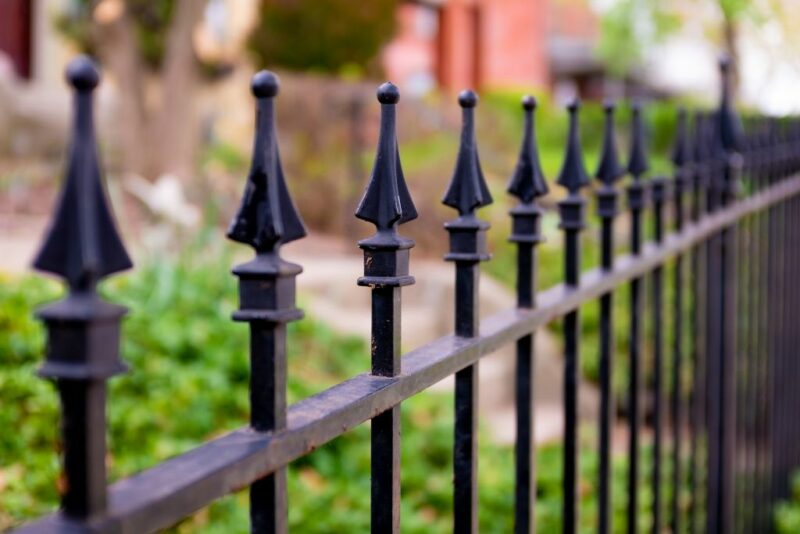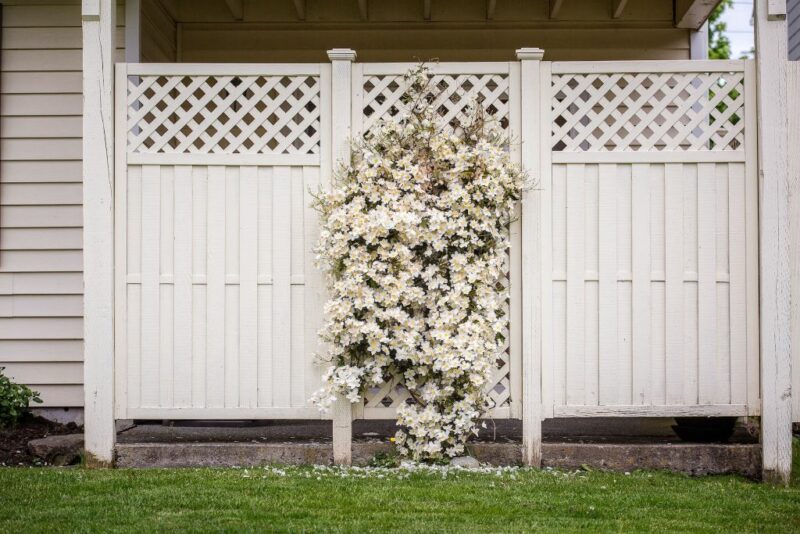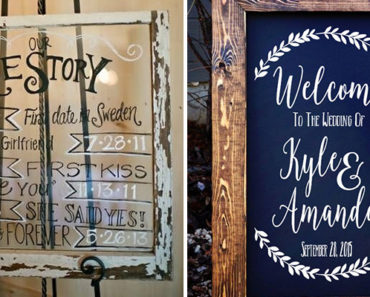
1) Installation and Professional Help
Fence installation is a crucial aspect that shouldn’t be underestimated. While some homeowners might be adept at DIY projects, installing a fence can be more complicated than it appears. Researching Orlando fence companies online for your Florida home can be a great first step – professionals can save you both time and money. Factors like accurate measurements, sturdy post placement, and proper alignment are vital for a durable and attractive fence.
Consider whether you have the skills and tools required for a successful installation. If not, it’s wise to seek professional help. Hiring a reputable fence contractor ensures that the installation is done correctly and in compliance with local regulations. It also saves you time and effort, providing peace of mind that your investment will stand the test of time. If you are removing an old fence which has seen better days, before placing in your new one, then you may want to hire a 10-yard roll dumpster. These are not too big (which your old fence won’t be) so they are perfect for small cleanouts, remodels, and materials from home improvements. Having one there will be very helpful, plus if you have anything else you want to chuck away during the installation, then you have that to hand.
2) Purpose and Functionality
Ask yourself why you need a fence. Are you primarily looking to enhance security, create privacy, or simply add visual appeal to your property? Different fence types serve different purposes, so it’s essential to determine the primary function of your fence. For security, you might opt for sturdy, tall fences like iron or chain-link. If privacy is your priority, wooden or vinyl fences are excellent options. On the other hand, ornamental fences can add an aesthetic touch to your property.
- Security: If your primary concern is security, consider sturdy and tall fence options like iron or chain-link. These materials offer a high level of deterrence to potential intruders. Be sure to also think about the gate and lock mechanisms to further enhance security.
- Privacy: For those who value privacy, wooden or vinyl fences are excellent choices. Wood, with its solid panels, can completely block the view from the outside. Vinyl offers privacy while being low-maintenance, making it a popular choice for those who want to keep their yard secluded.
- Aesthetics: If you’re looking to enhance your property’s visual appeal, ornamental fences can be a great choice. Wrought iron, aluminum, and other decorative materials come in various elegant designs that can complement your home’s style. These fences can add a touch of sophistication and character to your property.
3) Materials and Maintenance
The choice of materials can greatly affect the look, durability, and maintenance requirements of your fence. Common fencing materials include wood, vinyl, aluminum, chain-link, and wrought iron. Each material has its advantages and drawbacks.
- Wood fences provide a natural and warm appearance but may require regular maintenance, like staining and sealing.
- Vinyl fences are low-maintenance and durable but may lack the traditional charm of wood.
- Metal fences like aluminum and wrought iron offer both security and elegance but may require periodic painting or anti-rust treatment.
Consider your lifestyle and maintenance preferences when selecting the right material.
4) Local Regulations and Zoning
Your local regulations and zoning codes will influence the design, height, and placement of your fence. Before making a decision, it’s crucial to check with your local authorities or homeowners’ association regarding any restrictions or requirements. Failure to adhere to these regulations can lead to costly fines and forced fence removal.
Additionally, consult your neighbors about your plans, as open communication can help avoid potential disputes or conflicts. By adhering to local regulations and maintaining good relations with neighbors, you can ensure a smooth and trouble-free fence installation.
5) Budget and Long-Term Costs
Budget is a significant factor when choosing a fence for your house. Fences come in a wide range of prices, and you need to find a balance between your budget and your desired fence type. Consider not only the initial installation costs but also the long-term expenses.
High-quality materials may have a higher upfront cost but can be more cost-effective in the long run due to reduced maintenance and replacement expenses. Be sure to account for factors such as installation, maintenance, and any customization you desire. A well-planned budget will help you make an investment that suits both your financial situation and your property’s needs.
6) Style and Aesthetics
The style of your fence should harmonize with your home’s architecture and your taste. Your fence can significantly enhance the overall curb appeal of your property. Consider factors such as the color, design, and height of the fence. For a more traditional look, wooden picket or split-rail fences can be charming choices.
Modern homes might benefit from sleek, minimalist metal or vinyl designs. Don’t forget to think about the landscaping around your fence as well; some fences work better with certain types of plants and shrubs. Ultimately, a well-chosen fence can add beauty and character to your home, making it an integral part of your property’s visual identity.
7) Longevity and Warranty
The lifespan of your chosen fence material is another essential factor to contemplate. Different materials have varying durability levels and expected lifespans. Wood fences, for instance, can last for many years with proper maintenance, but they may be more susceptible to weathering and pests.
In contrast, vinyl and metal fences tend to require less maintenance and can last longer. Check whether the manufacturer or contractor offers warranties on the materials and workmanship. A warranty can provide you with added confidence in the longevity of your investment and serve as protection in case of unexpected issues.

Selecting the ideal fence for your house is a significant decision that requires thorough consideration of its purpose, materials, local regulations, budget, style, installation, and long-term durability. By carefully evaluating these factors and seeking professional guidance when necessary, you can ensure that your chosen fence not only meets your immediate needs but also enhances the overall appeal and value of your property for years to come. So, whether it’s for security, privacy, or aesthetics, your well-chosen fence will be a lasting addition that complements your home and lifestyle.
Please share these important factors when choosing a fence for your house with your friends and family.



